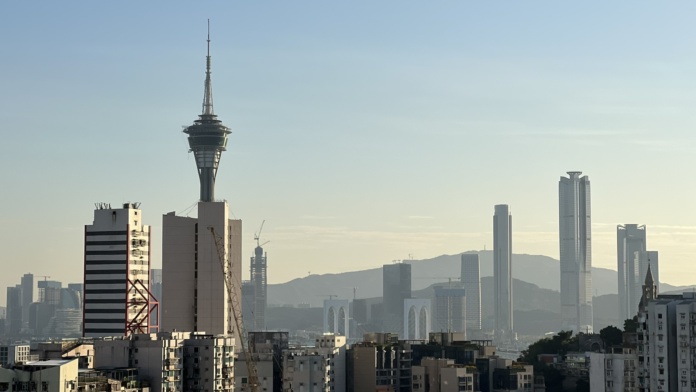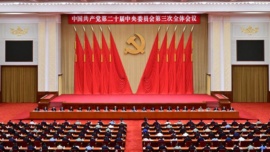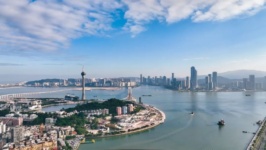Macau will struggle to return to its pre-Covid pandemic glory as it faces myriad challenges, a gaming scholar has noted.
In his latest report on the Macau gaming industry’s approach to a new normal, Wang Changbin, who heads the Centre for Gaming and Gourism Studies at Macau Polytechnic University, says that Macau is recovering at a relatively slower pace than other gaming jurisdictions such as Las Vegas and those in Southeast Asia.
Major gaming destinations
Las Vegas managed to maintain gaming revenue of around US$6.5 billion (MOP52.31 billion) between 2017 and 2019, with this figure being dragged down by Covid-19 to less than US$4 billion in 2020.
However, the following year saw a strong rebound in casino revenue, which rose to over US$7 billion.
New records were set in 2022 and 2023, when gaming revenue reached US$8.3 billion and US$8.9 billion respectively.
Meanwhile, in Singapore, gaming revenue fluctuated between US$4.2 billion and US$4.8 billion between 2015 and 2019. Despite dropping to US$2 billion during Covid, the figure is set to reach nearly US$4 billion by 2023.
The researcher expects the Southeast Asian nation to continue its positive trajectory and return to pre-Covid levels this year.
Another gaming destination, the Philippines, was sent into a downward spiral from a high of US$4.5 billion in 2019 to US$2.8 billion amid the Covid onslaught. However, it managed to make a triumphant return, surpassing last year’s 2019 level of US$5.1 billion.
Where does Macau stand?
Between 2020 and 2022, Macau generated a total of MOP191.4 billion, or US$23.78 billion, a level the researcher said was on par with 2010.
In 2023, Macau experienced a post-Covid recovery, with annual casino revenue totalling MOP183 billion.
“Macau seems to be doing well in the post-Covid era, but it faces some difficulties on its way back to the post-Covid peak,” Wang wrote.
“This is mainly due to the fact that the factors that drove the rapid growth of Macau’s gaming sector are disappearing.”
What are the concerns?
A possible lack of willingness to travel in an increasingly complicated international atmosphere, riddled with natural disasters and wars.
The country’s increasingly negative attitude towards gambling is also to blame, especially at a time when casinos are said to be springing up along the country’s borders to “poach” Chinese gamblers.
Thirdly, existing casinos will be less attractive if there is no new supply of gambling houses.
Finally, the central government is cracking down on efforts to promote gambling to high-rollers in mainland China.
“Although gaming junkets are proactively cultivating customer sources elsewhere, it will take time to pay off,” he stressed.
“As some Southeast Asian countries are actively developing gaming, there is likely to be competition for customers from these countries.”
Is sports-specific gaming viable?
Wang concludes by suggesting that gaming should be linked to sports development in order to address the challenges facing the gaming sector.
He points out that sports gaming in Macau has yet to reach full development.
“The introduction of sports betting in casinos has the potential to attract sports fans from all over the world,” he pointed out.





















